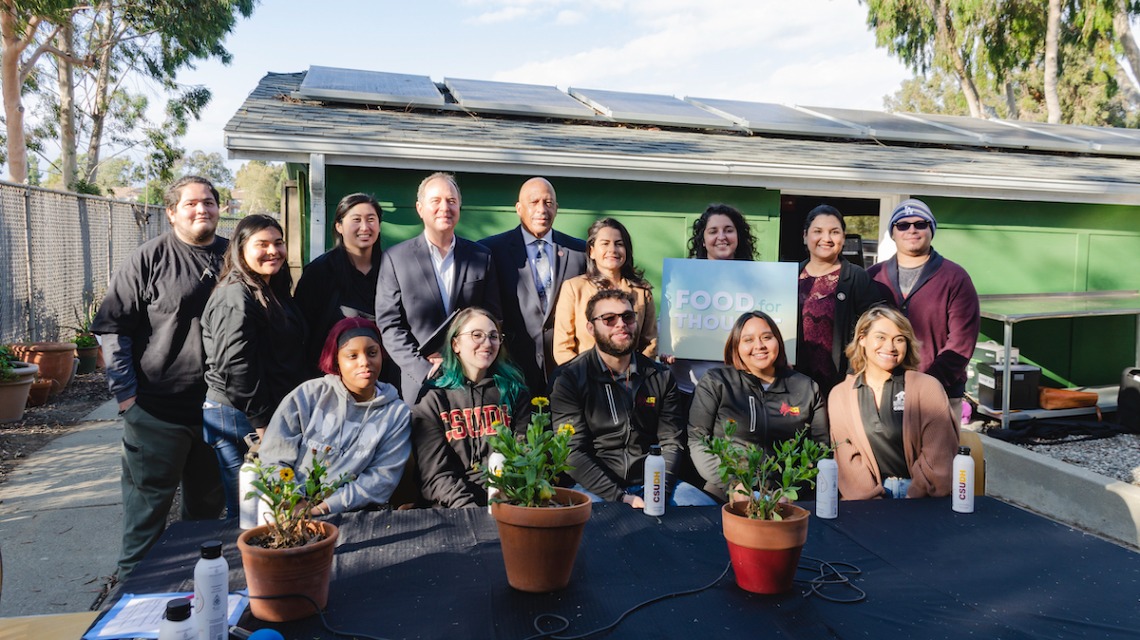basic needs
-
Archive

CSUDH Students Advocate for Basic Needs with Congressmembers
Students’ basic needs must be met in order for them to thrive. That was the central message Toros conveyed to…

Students’ basic needs must be met in order for them to thrive. That was the central message Toros conveyed to…